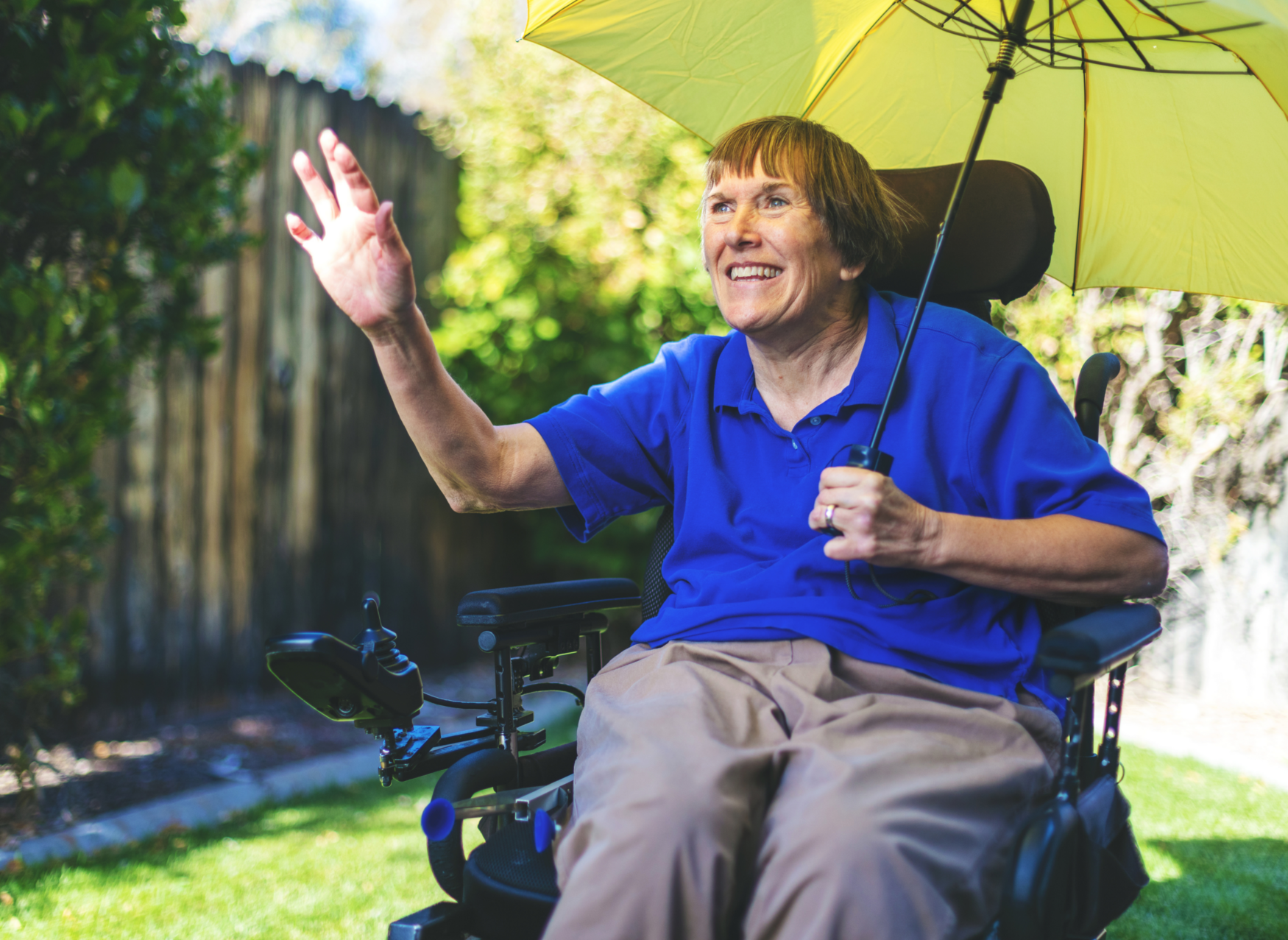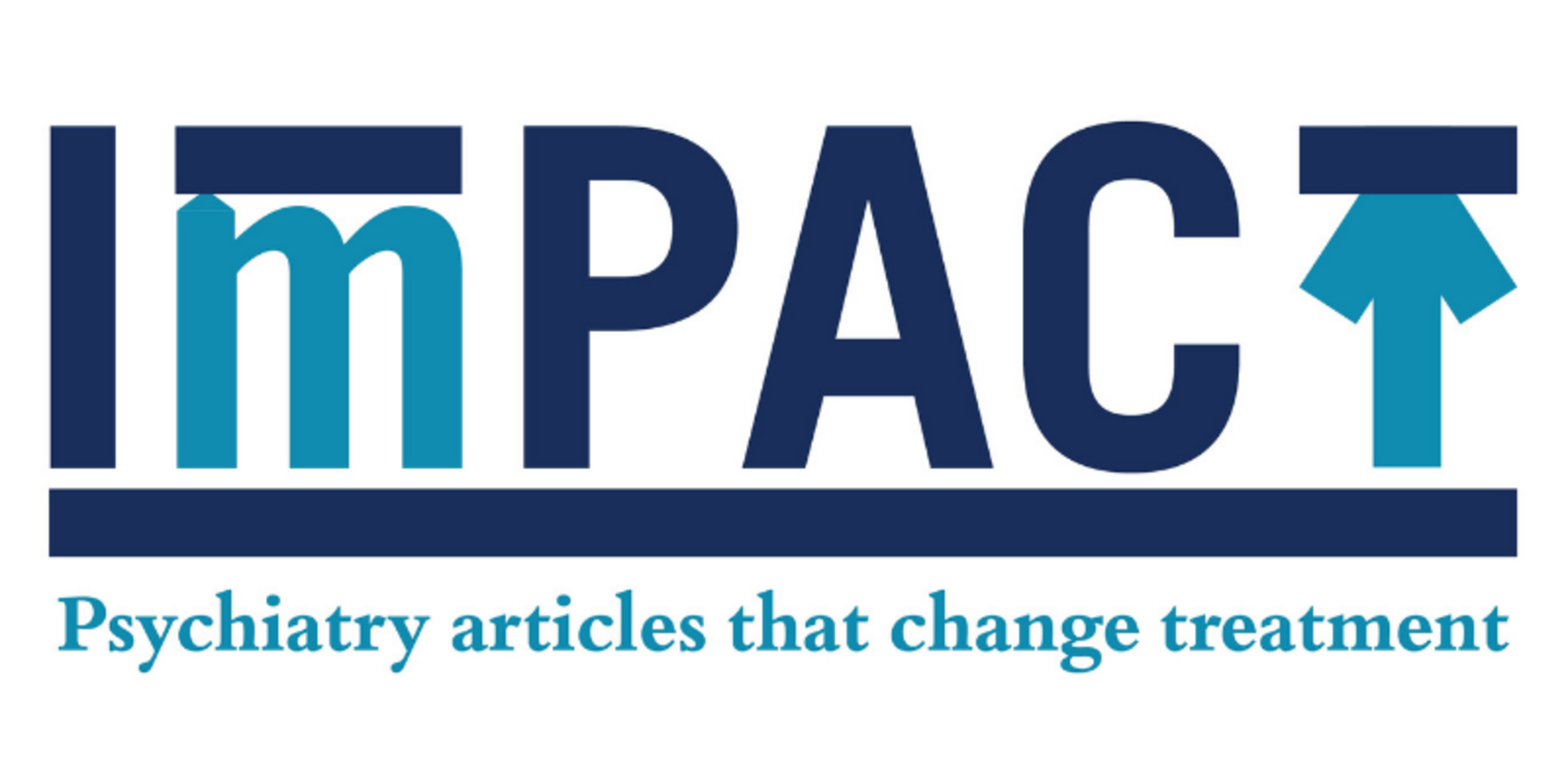Main Second Level Navigation
Breadcrumbs
- Home
- News & Events
- News
- Staying active is key to protecting cognitive functioning for those with MS
Staying active is key to protecting cognitive functioning for those with MS

Multiple sclerosis (MS) is a chronic, typically progressive disease involving damage to the nerves in the brain and spinal cord. It can cause a range of neurological symptoms, including numbness, impairment of speech and muscular coordination, and severe fatigue. There is no cure. The cognitive challenges caused by MS can make everyday life very difficult.
Some studies have shown that cognitive rehabilitation and exercise can be helpful, but most of this research has focused on people who are not experiencing the most severe disabling effects of MS. Dr. Anthony Feinstein and his team have undertaken a study to examine the impact of these treatments on those with more severe symptoms. Their findings were a surprise – and have major implications for the treatment of MS.

What are the main cognitive challenges faced by people with progressive multiple sclerosis and how do cognitive rehabilitation and physical exercise help address these challenges?
AF: People with MS face numerous cognitive difficulties. The most common cognitive problem is impaired processing speed, or difficulty manipulating information quickly. They might also have trouble learning and remembering things, problems with executive function and making decisions. Less commonly, they can have trouble understanding the visual and spatial relationships between objects.
This type of impairment begins early in the disease process, affecting approximately 40% of people with relapsing remitting multiple sclerosis and as high as 80-90% in those with the progressive forms of the disease.
There’s no obvious best option for treating cognitive deficits. Our research was informed by the growing number of studies that show cognitive rehabilitation and exercise can be helpful. Most of these previous studies have focused on people with less severe disability, usually those with relapsing remitting MS.
What motivated this research?
AF: The project was created because the development of drug therapies for MS has mostly focused on treating those with less severe forms of the disease. The numerous drugs that have transformed MS therapies are, with a couple of exceptions, used exclusively in people with relapsing remitting disease. Given that most of these individuals go on to develop secondary progressive MS, the reality is that many people with advanced MS are going untreated.
This wasn't just a problem for drug therapies but also for rehabilitation trials. With this in mind, we designed a clinical trial that focused specifically on people with primary and secondary MS. It addressed a major, unmet clinical need.
Our research was funded by MS Canada, the organization’s single largest grant ever given for a rehabilitation study. Five million dollars supported research teams in Canada, the United States, the United Kingdom, Belgium, Italy, and Denmark. The study was run by my Sunnybrook group.
We survived the pandemic, never furloughed our 52 research personnel and kept the study intact. Along the way we attracted additional funding from the Danish MS Society, the Consortium of MS Centres in the United States and the National MS Society in the United States. Our thanks go to all these funders, predominantly MS Canada for their considerable investment in our efforts. Thanks also go to my colleagues in Neurology in Toronto, in particular Dr. Jiwon Oh at St. Michael’s Hospital and Dr. Liesly Lee at Sunnybrook Health Sciences Centre.
What was the most important finding of this study, in your opinion?
AF: We thought that combining cognitive rehabilitation with aerobic exercise would work better than either of these treatments alone for enhancing processing speed in people dealing with progressive MS. Instead, each treatment on its own turned out to be effective. Moreover, basic exercise without an aerobic component proved to be equally effective when compared to aerobic exercise and the cognitive rehabilitation program.
The reason behind this unexpected result was that even simple physical exercises helped participants walk. There's also evidence that improved walking ability can lead to improved processing speed.
The most significant finding to emerge is that individuals with advanced multiple sclerosis, on the cusp of going into wheelchairs, who were all cognitively impaired, can indeed improve their processing speed with cognitive rehabilitation and exercise. This was not known before our study. This improvement was seen in over 60 percent of individuals at the primary outcome point, namely after 12 weeks of interventions and maintained in over 40 percent of the sample six months after the interventions ended.
How does this change treatment in the future?
AF: Our study has the potential to alter the therapeutic landscape for people with progressive MS. The evidence is strong that leading a more active lifestyle that incorporates intellectual activity, exercise, and most importantly, social interaction may boost cognitive reserve and, in doing so, may lead to cognitive improvement as well.
The social interaction aspect of our findings is fascinating. Many of our participants, given their physical disability, lead quiet lives. They no longer work and remain at home for much of the time. Our study brought these individuals out of the home into an environment that was stimulating for twelve weeks. It helped them start exercising and they interacted socially with research staff. In short, it created an enriched lifestyle that many had not experienced for several years. In doing so, we created the perfect setting to improve cognition, even in individuals with a degenerative brain condition. These findings overlap with data from research on dementia and normal aging that promote the importance of keeping the brain active to offset, limit, and potentially reverse aspects of cognitive decline.
Any next steps?
AF: The next steps are to share our findings and to encourage MS societies worldwide to promote the message that keeping people with advanced MS physically, intellectually, and socially active is key to protecting their cognitive functioning. There is a rich potential here for future research and for those interested in pursuing a clinical-research career track.
The Neuropsychiatry of Multiple Sclerosis is a fascinating area and interest in the topic is burgeoning. Two MS Clinics in Toronto, the Barlo Clinic in St. Michael’s Hospital and the one at Sunnybrook Health Sciences Centre, serve over 10,000 people with MS. These clinics provide a unique opportunity for resident doctors to become involved in clinical work which falls at the interface of Psychiatry and Neurology and which includes the pivotal involvement of Neuroimaging and Neuropsychology.
What is the major take home message for the public?
AF: The major take home message is that remaining physically, socially, and intellectually active boosts brain health and helps cognition in people with advanced multiple sclerosis.

View this month's ImPACT paper:
Feinstein A, Amato MP, Brichetto G, Chataway J, Chiaravalloti ND, Cutter G, Dalgas U, DeLuca J, Farrell R, Feys P, Filippi M, Freeman J, Inglese M, Meza C, Motl RW, Rocca MA, Sandroff BM, Salter A; CogEx Research Team.
Lancet Neurol. 2023 Oct;22(10):912-924. doi: 10.1016/S1474-4422(23)00280-6.
PMID: 37739574 Clinical Trial.



